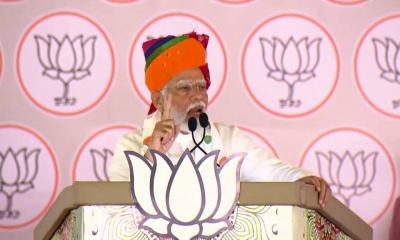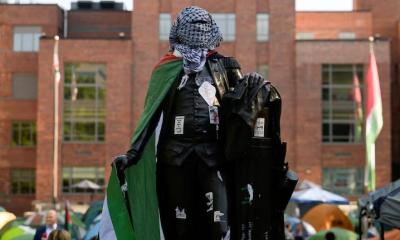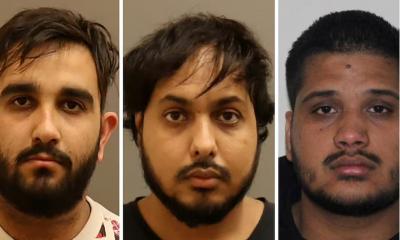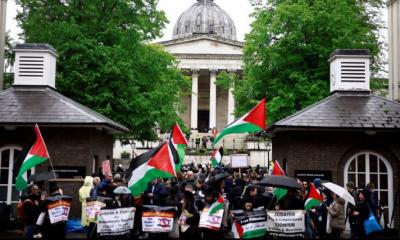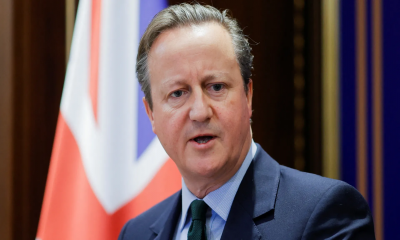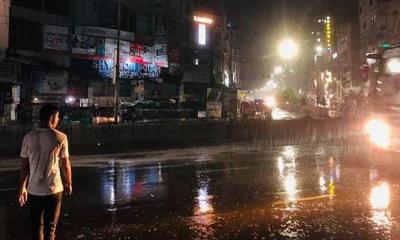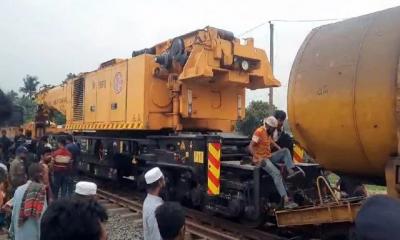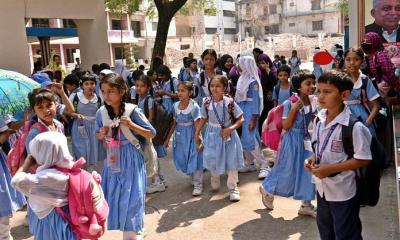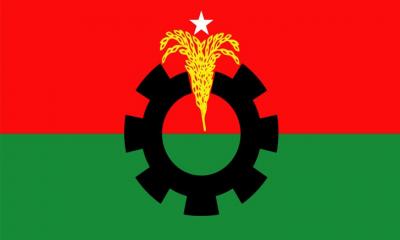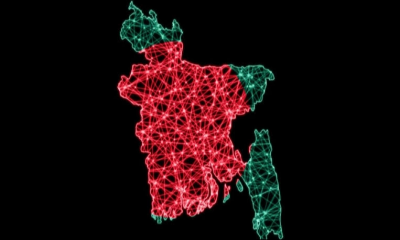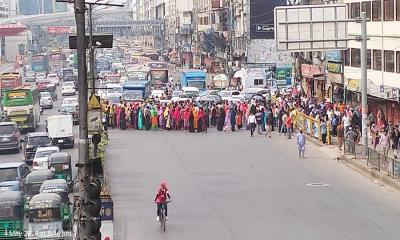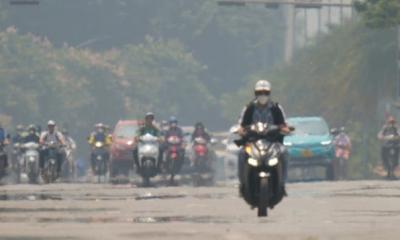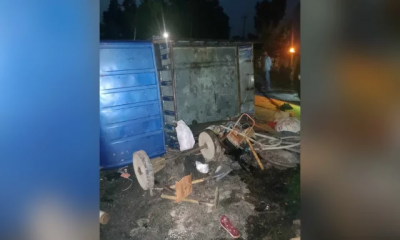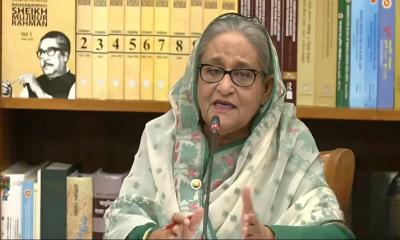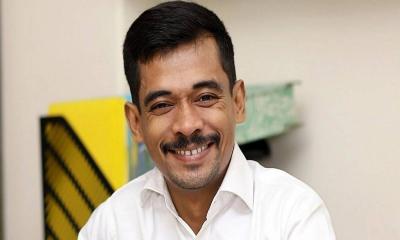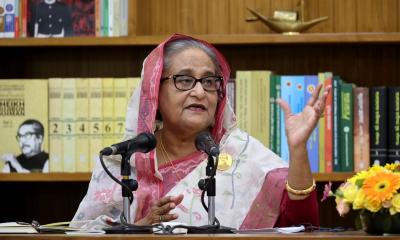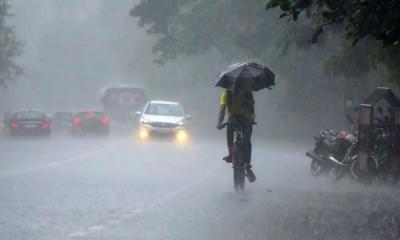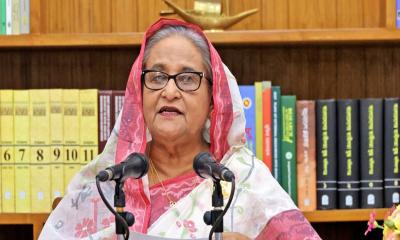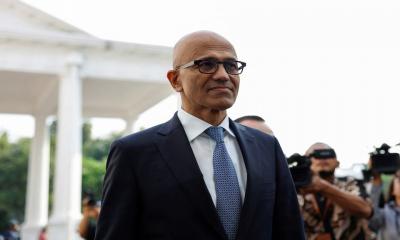Moscow abandoned its main bastion in northeastern Ukraine on Saturday, in a sudden collapse of one of the war`s principal front lines after Ukrainian forces made a rapid advance.
The swift fall of Izium in Kharkiv province was Moscow`s worst defeat since its troops were forced back from the capital Kyiv in March. Ukraine hailed it as a turning point in the 6-month-old war, with thousands of Russian soldiers leaving behind ammunition stockpiles and equipment as they fled.
Russian forces used Izium as the logistics base for one of their main campaigns - a months-long assault from the north on the adjacent Donbas region comprised of Donetsk and Luhansk.
The state-run TASS news agency quoted Russia`s defence ministry as saying it had ordered troops to leave the vicinity and reinforce operations elsewhere in Donetsk.
The head of Russia`s administration in Kharkiv told residents to evacuate the province and flee to Russia to "save lives," TASS reported. Witnesses described traffic jams of cars with people leaving Russian-held territory.
If the reported gains are held, it would be a serious blow for Russia, which Western intelligence services say has suffered huge casualties. It would also be a big boost for Ukraine, which is keen to show Western nations supplying it with weapons it deserves their continued support.
There is pressure on Kyiv to demonstrate progress before winter sets in, amid threats by Russian President Vladimir Putin to halt all energy shipments to Europe if Brussels goes ahead with a proposal to cap the price of Russian oil exports.
A destroyed vehicle with the symbol "Z" is pictured, as Russia`s attack on Ukraine continues, in the village of Hrakove, recently liberated by Ukrainian Armed Forces, in Kharkiv region, Ukraine September 9, 2022.
Ukraine`s Foreign Minister Dmytro Kuleba said in Kyiv that Ukrainian forces had demonstrated they were capable of defeating the Russian army with the weapons given to them.
"And so I reiterate: the more weapons we receive, the faster we will win, and the faster this war will end," he said.
In his nightly video address on Saturday, President Volodymyr Zelensky said Ukraine`s armed forces had recovered around 2,000 square kilometres (770 square miles) of territory since its counter-offensive was launched earlier this month.
"The Russian army is claiming the title of fastest army in the world ... keep running!" Andriy Yermak, Zelensky`s chief of staff, wrote on Twitter.
Ukrainian officials stopped short of confirming they had recaptured Izium, but Yermak earlier posted a photo of troops on its outskirts and tweeted an emoji of grapes. The city`s name means "raisin."
The Russian withdrawal announcement came hours after Ukrainian troops captured the city of Kupiansk farther north, the sole railway hub supplying Russia`s entire front line across northeastern Ukraine. Ukrainian officials posted photos early on Saturday of their troops raising the country`s blue-and-yellow flag in front of Kupiansk`s city hall.
That left thousands of Russian troops abruptly cut off from supplies along a front that has seen some of the most intense battles of the war.
Igor Girkin, a former commander of pro-Russian forces in eastern Ukraine, called the Russian pullback "a major defeat" in remarks on Telegram.
MECHANISED ASSAULT
Ukraine has for weeks been talking up a big counteroffensive in the south, which also is under way though details are sparse.
Russia still occupies extensive territory in the Donbas and in the south near the Crimean Peninsula it seized in 2014.
Days ago, Kyiv`s forces burst through the front line in the northeast and have since recaptured dozens of towns and villages in a swift mechanised assault, surging forward dozens of kilometres (miles) a day.
Americans are remembering 9/11 with moments of silence, readings of victims’ names, volunteer work and other tributes 21 years after the deadliest terror attack on U.S. soil.
Victims’ relatives and dignitaries will convene Sunday at the places where hijacked jets crashed on Sept. 11, 2001 — the World Trade Center in New York, the Pentagon and a field in Pennsylvania.
Other communities around the country are marking the day with candlelight vigils, interfaith services and other commemorations. Some Americans are joining in volunteer projects on a day that is federally recognized as both Patriot Day and a National Day of Service and Remembrance.
The observances follow a fraught milestone anniversary last year. It came weeks after the chaotic and humbling end of the Afghanistan war that the U.S. launched in response to the attacks.
But if this Sept. 11 may be less of an inflection point, it remains a point for reflection on the attack that killed nearly 3,000 people, spurred a U.S. “war on terror” worldwide and reconfigured national security policy.
It also stirred — for a time — a sense of national pride and unity for many, while subjecting Muslim Americans to years of suspicion and bigotry and engendering debate over the balance between safety and civil liberties. In ways both subtle and plain, the aftermath of 9/11 ripples through American politics and public life to this day.
And the attacks have cast a long shadow into the personal lives of thousands of people who survived, responded or lost loved ones, friends and colleagues.
More than 70 of Sekou Siby’s co-workers perished at Windows on the World, the restaurant atop the trade center’s north tower. Siby had been scheduled to work that morning until another cook asked him to switch shifts.
Siby never took a restaurant job again; it would have brought back too many memories. The Ivorian immigrant wrestled with how to comprehend such horror in a country where he’d come looking for a better life.
He found it difficult to form the type of close, family-like friendships he and his Windows on the World co-workers had shared. It was too painful, he had learned, to become attached to people when “you have no control over what’s going to happen to them next.”
“Every 9/11 is a reminder of what I lost that I can never recover,” says Siby, who is now president and CEO of ROC United. The restaurant workers’ advocacy group evolved from a relief center for Windows on the World workers who lost their jobs when the twin towers fell.
On Sunday, President Joe Biden plans to speak and lay a wreath at the Pentagon, while first lady Jill Biden is scheduled to speak in Shanksville, Pennsylvania, where one of the hijacked planes went down after passengers and crew members tried to storm the cockpit as the hijackers headed for Washington. Al-Qaida conspirators had seized control of the jets to use them as passenger-filled missiles.
Vice President Kamala Harris and husband Doug Emhoff are due at the National Sept. 11 Memorial in New York, but by tradition, no political figures speak at the ground zero ceremony. It centers instead on victims’ relatives reading aloud the names of the dead.
Readers often add personal remarks that form an alloy of American sentiments about Sept. 11 — grief, anger, toughness, appreciation for first responders and the military, appeals to patriotism, hopes for peace, occasional political barbs, and a poignant accounting of the graduations, weddings, births and daily lives that victims have missed.
Some relatives also lament that a nation which came together — to some extent — after the attacks has since splintered apart. So much so that federal law enforcement and intelligence agencies, which were reshaped to focus on international terrorism after 9/11, now see the threat of domestic violent extremism as equally urgent.




